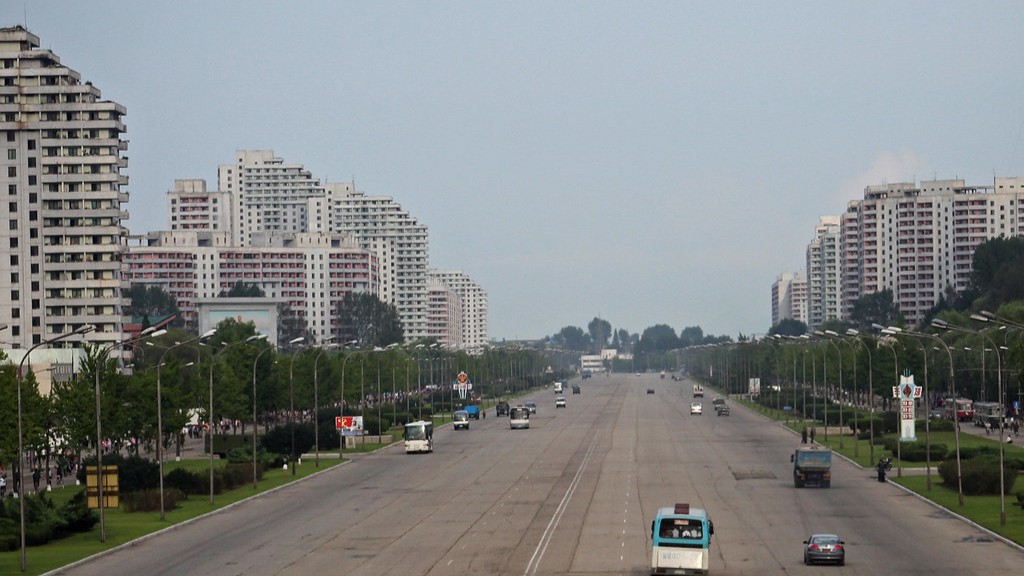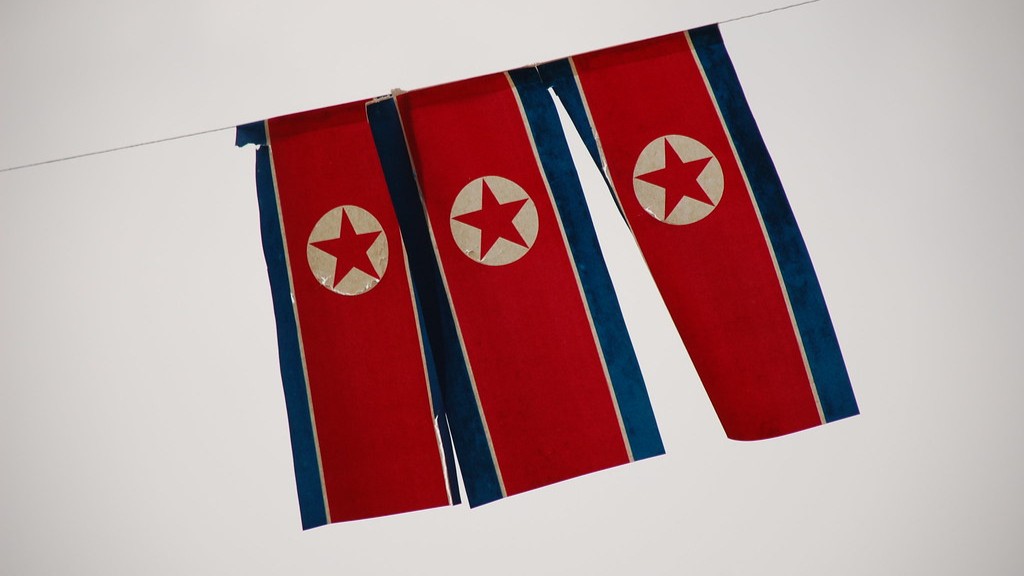Economic Sanctions
North Korea is angry with the US because of the issue of economic sanctions. For the past several decades, the US has imposed harsh economic sanctions on North Korea as a means of increasing pressure on the regime to cease its nuclear proliferation activities. These economic sanctions have had a devastating effect on North Korea’s economy and living standards. They have resulted in diminished GDP, high poverty and unemployment rates, and a decline in its already weak healthcare and educational infrastructure.
In 2019, the US used economic sanctions to pressure North Korea to end its testing of nuclear weapons and enter into talks with South Korea and the US. These sanctions were so severe that they caused a major disruption in North Korea’s economy. This, in turn, provoked a reaction from North Korea, which began to launch more aggressive rhetoric towards the US and other Western countries in order to demonstrate its dissatisfaction with the sanctions.
US-South Korea Military Exercises
North Korea is also angry with the US for its ongoing military exercises with South Korea. These drills are a regular occurrence throughout the year and are seen as a form of aggression by the North Korean regime. The US and South Korea conduct large-scale joint military exercises, known as “Foal Eagle” and “Ulchi Freedom Guardian”, to test their military capabilities and to prepare for possible military action against North Korea.
The US justification for these exercises is that they are necessary to ensure that both sides are ready to respond if necessary. However, North Korea views them as a provocation and an indication of Western aggression. To demonstrate its displeasure, North Korea has often responded to these drills with the testing of missiles and other provocative military actions.
US Foreign Policy
Another source of North Korea’s anger towards the US is the US’ foreign policy towards the country. North Korea has long criticized US foreign policy towards the region as a form of aggression, which it believes is designed to destabilize the region and dominate East Asia. North Korea views US policy as a form of imperialism, which is aimed at undermining the regime.
The US has proposed several policies that North Korea views as a direct threat to its regime, including the “Axis of Evil” policy, which designated North Korea as a member of a group of countries that presented a threat to world peace. The US has also imposed stiff economic sanctions on North Korea, which the regime saw as an attempt to economically suffocate its people.
Unresolved Tensions from the Korean War
The Korean War of 1950-1953, which ended with a ceasefire rather than a peace treaty, also contributes to North Korea’s anger towards the US. Although the US and North Korea are technically not at war, the unresolved tensions resulting from the war continue to haunt both sides. This can be seen in North Korea’s continuous criticism of US policy in the region, as well as its refusal to sign a peace treaty with South Korea.
North Korea believes that the US has never properly apologized for the war and instead continues to view North Korea through a hostile lens. Furthermore, North Korea constantly expresses its fear of being invaded by the US, believing that the US is using its military muscle to bully the regime.
A Lack of Mutual Understanding
At the core of North Korea’s anger with the US is a lack of mutual understanding. Both countries remain highly suspicious of each other and are unwilling to view the other in a positive light. They often engage in hostile rhetoric and provocative actions that further exacerbate the situation.
In addition, the two countries have different worldviews and very different ideologies. For example, North Korea is a communist state and the US is a capitalist democracy. It is not surprising then, that there is such a lack of common ground between the two countries.
A Failure of Diplomacy
Moreover, both sides have consistently failed to engage in meaningful diplomacy for the past several decades. Despite the numerous attempts by the US and other countries to engage North Korea in dialogue and reach a resolution, these efforts have largely fallen on deaf ears. North Korea’s suspicions of US intentions make it difficult for meaningful diplomatic exchanges to take place.
In addition, North Korea’s insistence on maintaining its nuclear weapons program has made it difficult for the US to enter into talks with the regime. The US has been clear in its stance that it will not accept a nuclear-armed North Korea and that it will always remain at odds with the regime until this issue is addressed.
Political Provocations
Another source of North Korea’s anger towards the US is the US’ political provocations towards the regime. The US has long accused North Korea of committing human rights violations and has imposed economic sanctions on the country. The US’ tough stance has only served to increase tension and mistrust between the two countries.
In addition, the US has publicly criticized North Korean leadership and has even engaged in cyber-attacks against the regime. The US’ refusal to acknowledge North Korea’s interests and its attempts to undermine the regime have only furthered North Korea’s anger towards the US.
Perceived US Hostility
Overall, North Korea appears to have a deep-seated sense of hostility towards the US. North Korea believes that the US is actively seeking to undermine the regime and is unwilling to accept the country as a sovereign nation. North Korea sees US policy towards the region as a form of aggression and perceives the US’ actions as an attempt to gain control of the region.
North Korea’s anger towards the US has manifested itself in a number of ways. It has led to hostile rhetoric and even military provocations. Furthermore, the two countries’ different worldviews, coupled with a lack of meaningful diplomatic exchanges and mutual understanding, have further exacerbated the situation.


